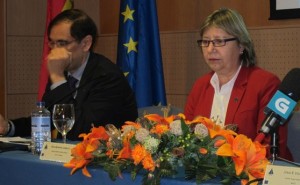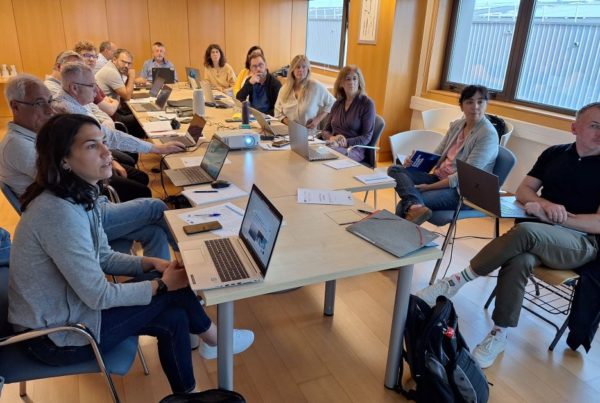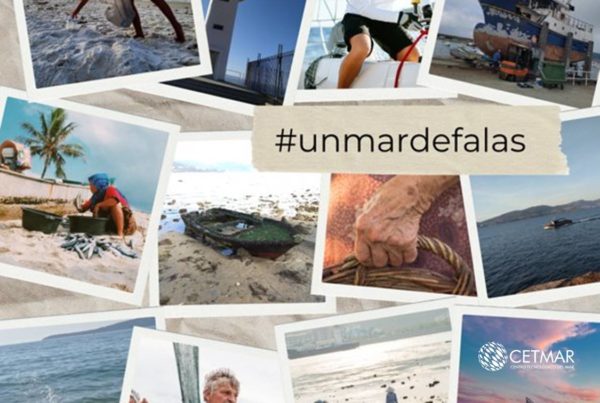- The CETMAR Foundation takes part in this European project supported by the research programme Horizon 2020
- The Spanish research center leads efforts centered on stakeholders interaction
Vigo, 14th of June 2017.- Rosa Quintana, regional minister of Sea Affairs, opened on the 13th of June the kick-off meeting of the FarFish project. She was joined by Pedro Galache, Head of Unit Programmes and Assistance of the European Fisheries Control Agency (EFCA), Paloma Rueda, managing director of the CETMAR Foundation, and Jónas Rúnar Vidarsson, project manager of FarFish.
This project aims to improve knowledge and management of European fisheries outside Europe, while contributing to sustainability and long-term profitability. FarFish brings together 21 organisations and agencies across Europe, Africa and South America in addition to a number of international organizations.
«About 20% of the catch of the European fishing fleet is obtained from non-European sea areas. This access is granted in international marine areas and within the jurisdiction of coastal states where agreements have been made on access of the fleet. These EU “Sustainable Fisheries Partnership Agreements” grant European operators access to fisheries and include financing for infrastructure development in the fisheries sector. These agreements have been controversial, especially on the west coast of Africa. In response to this criticism, the Horizon 2020 Research Programme has decided to support research and development efforts to promote improvements in this area; that is the story of FarFish’s mission,» says FarFish Project Coordinator Jónas Rúnar Viðarsson of Matís.
The FarFish project is designed around six case study areas in which the European operators are actively engaged in fishing activities, including Cape Verde, Mauritania, Senegal and Seychelles, as well as the international seas in the southeast and southwest Atlantic. In this context of geographic, economic and cultural diversity, the project will gain insights into the sustainability commercially important species such as tuna, hake, mackerel, sardines, octopus, shrimp, and other relevant fisheries.
The project will contribute to the exploitation at or below corresponding Maximum Sustainable Yields (MSY) for these fisheries. The research will advance biological knowledge through collection of data on ecological, economic and socially important aspects of these fisheries. The project will work with stakeholders to create accessible and adaptable fisheries management tools within the case study areas. Additionally, efforts will be made to increase the responsibility of the European fleet for area use and disclosure of information. Overlaying the collection of important data and the development of improved management tools, the FarFish project has a strong focus on fisheries management knowledge creation and capacity building among stakeholders in the coastal states and the European fishing fleet.
FarFish coordinator Jónas Rúnar Viðarsson was enthusiastic as the project partners met for the first time. «It is clear that this is an extremely important issue; that fisheries are managed in a sustainable way no matter where the fish are harvested. It is important to keep in mind that this project is addressing issues within a complex system”.
FarFish receives funding from the European Union’s Horizon 2020 Research and Innovation Programme under grant agreement no. 727891.



